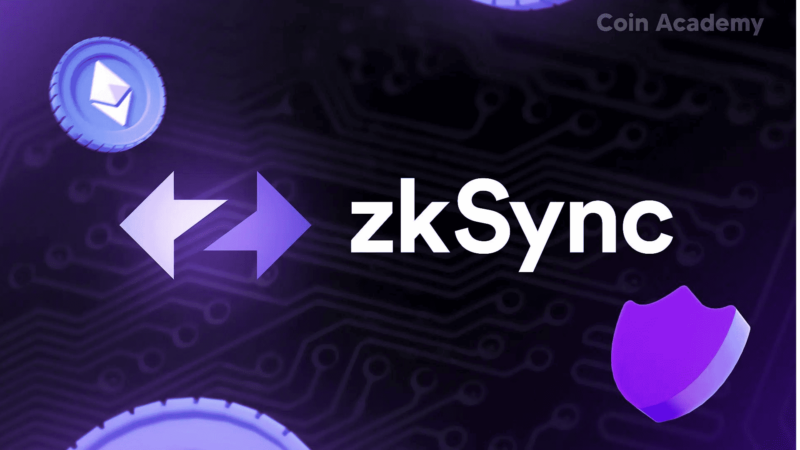The European Union has been looking at the regulation of crypto-currencies and the crypto-currency ecosystem more broadly for a while now. This work can be found in a European regulation, still in preparation, known as MiCA (market in crypto asset).
Recently, a provision of this draft regulation had been strongly criticized by the professionals of the crypto sector: it aimed to prohibit the use of the system of proof of work (proof of work) for the mining of cryptos.
However, such a ban would have had the effect of not accepting on a European scale the adoption of Bitcoin and many other cryptocurrencies, also based on this system.
Why do you want to ban the proof of work system?

The reason is obvious, ecological considerations had at the time motivated the deputies.
As a reminder, the proof-of-work system is used to mine cryptocurrency and allows secure transactions thanks to the resolution of mathematical calculations by miners. The Bitcoin, Ethereum and Litecoin protocols are for example based on it.
The computing power of the computers, made available by the miners to the network, is very energy consuming. It is to overcome this problem that other alternatives have emerged, such as the proof of stake system.
Based on this reasoning, several MEPs from the Social Democrats and the Greens succeeded in introducing a ban on proof of work in Article 61 paragraph 9c of the MiCA regulation.
This text provided, among other things, that crypto service providers could not “facilitate the purchase or trade of such crypto-assets or offer custody services for such crypto-assets”.
In other words, its adoption would have led to the banning of Bitcoin, as well as other crypto-currencies based on the same system, within the European Union.
This news had had a resounding effect for all professionals in the sector.
The removal of the ban
It seems that the European Union has heard the criticism.
Indeed, yesterday evening, the MEP and chairman of the committee responsible for economic and monetary affairs (ECON) Stefan Berger, confirmed on his Twitter account the deletion of Article 61 paragraph 9c:
Richtig ist: Der Paragraph ist nicht mehr im Text. Der Bericht muss erst noch im Ausschuss abgestimmt werden. Bei dieser Abstimmung sehen wir dann, wo die Mehrheiten liegen. Die Entscheidung ist noch nicht gefallen #MiCA https://t.co/4obZWZa5rh
— Stefan Berger (@DrStefanBerger) March 1, 2022
This deletion is coherent when one knows that the stated goal of the European regulation is to be “innovation-friendly” without “hindering the use of new technologies”.
In addition, it should be noted that the final vote on the MiCA project, initially scheduled for February 28, 2022, had been postponed precisely because of this question on the proof of work.
It now seems that the regulation of cryptos in Europe is a priority, a priority moreover reinforced since the beginning of the war in Ukraine.
On this last point, Christine Lagarde, former head of the International Monetary Fund (IMF) and current president of the European Central Bank (ECB), said she wanted to regulate cryptos as soon as possible, especially to prevent Russia from circumventing the sanctions by falling back on cryptos like Bitcoin.
However, Stefan Berger qualified the possibility of accelerating the adoption of the MiCA regulation since to date no new date for the vote has yet been decided. Especially since, once voted, a dialogue between the European Commission, the Parliament and the Member States will still have to be initiated.
So we still have to be patient.
Source :
- Website of the BTC-ECHO https://www.btc-echo.de/




